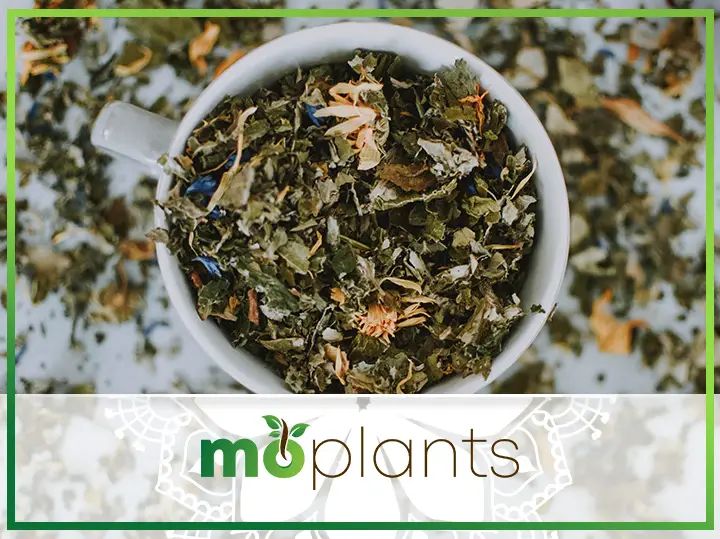Neem oil is an organic insecticide derived from the seeds of neem trees, and it is relatively less toxic than other insecticides. For centuries, people have been using neem oil as a natural cure to eliminate pests and diseases on crops. So, is it safe to use on plants and herbs? Keep reading to find out.
Is It Safe to Use Neem Oil on Herbs?
If you are wondering whether you can use neem oil on food plants and herbs, the answer is yes! While spraying neem oil doesn’t make foods harmful for consumption, it is not an oil you want to use for frying food items.
Neem oil doesn’t hurt most plants since it is naturally extracted from the neem tree. Therefore, you can spray it on herbs and other plant foods you consume.
However, one thing to remember is that you get an upset stomach if you consume plant foods or herbs that have been freshly sprayed with neem oil. So, if you plan to consume foods in the near future, don’t spray them with neem oil. Also, thoroughly wash all consumable foods sprayed with neem oil before eating.
While most plants benefit from neem oil, other weaker ones may not be able to tolerate it. For example, herbs with delicate leaves and some leafy green plants are relatively sensitive to them. Therefore, you must spray a small area of the plant to ensure the herb can withstand the oil once it has been sprayed.
Moreover, birds, butterflies, and bees are unaffected by neem oil, as it is only harmful to pests. Hence, you don’t have to worry about killing pollinators when spraying neem oil on herbs and plant foods that require pollination.
Does Neem Oil Change How Herbs Taste?
Neem oil turns plant leaves unappealing to many insects, causing them to hunt for food elsewhere. But what about humans? Does neem oil affect the way herbs taste?
If you apply it properly, neem oil won’t change the flavor of the herbs. We recommend applying it 5 to 7 days before harvesting. The bright light from the sun leads to the rapid breakdown of the chemical components of neem oil. You won’t notice any changes in flavor if you wait a few days to harvest or thoroughly wash your herbs before using them.
How to Make and Use Neem Oil Spray for Plants?
You can easily find commercial neem oil at any local gardening or hardware store. However, we recommend making it yourself at home. Preparing your combination at home is simple and gives you greater control over the strength of the mix.
Here is what you will need:
- Spray bottle
- Two tablespoons of raw neem oil
- One gallon of lukewarm water
- A stick for stirring
- Protective gloves
- Dishwashing soap
- Essential oil (optional)
Directions:
- The first step is to add one to two tablespoons of neem water in lukewarm water. Making an emulsion works better when you use warm water.
- The next step is to add one or two tablespoons of dishwashing soap to the mix. The dish soap helps emulsify the solution since oil and water don’t mix well. It also provides further protection from some pests, such as aphids.
- The third step is to add essential oil, though this is optional. Adding six to ten drops of peppermint oil can help stock pests in their tracks due to the strong scent. Alternatively, you can also use dish soap with a peppermint scent.
- Give the gallon bottle a couple of good shakes to combine the ingredients. The mixture should resemble soap and be a little bit cloudy.
- To ensure the mixture is uniform, shake the bottle before applying the spray.
- The last and final step is to mist the plants with water lightly. It would be useful to mist the solution early in the morning or evening, either daily or once a week. Rub the mixture into the stems and leaves with your hands. Wearing protective gloves is important, especially if you have sensitive skin. If the infestation is severe, spray the plant multiple times daily for up to a week.
Wrapping Up
Neem oil is an excellent natural alternative to store-bought insecticides that can harm your plants and other pollinators. Follow these tips in this blog to use neem oil on your plants.

